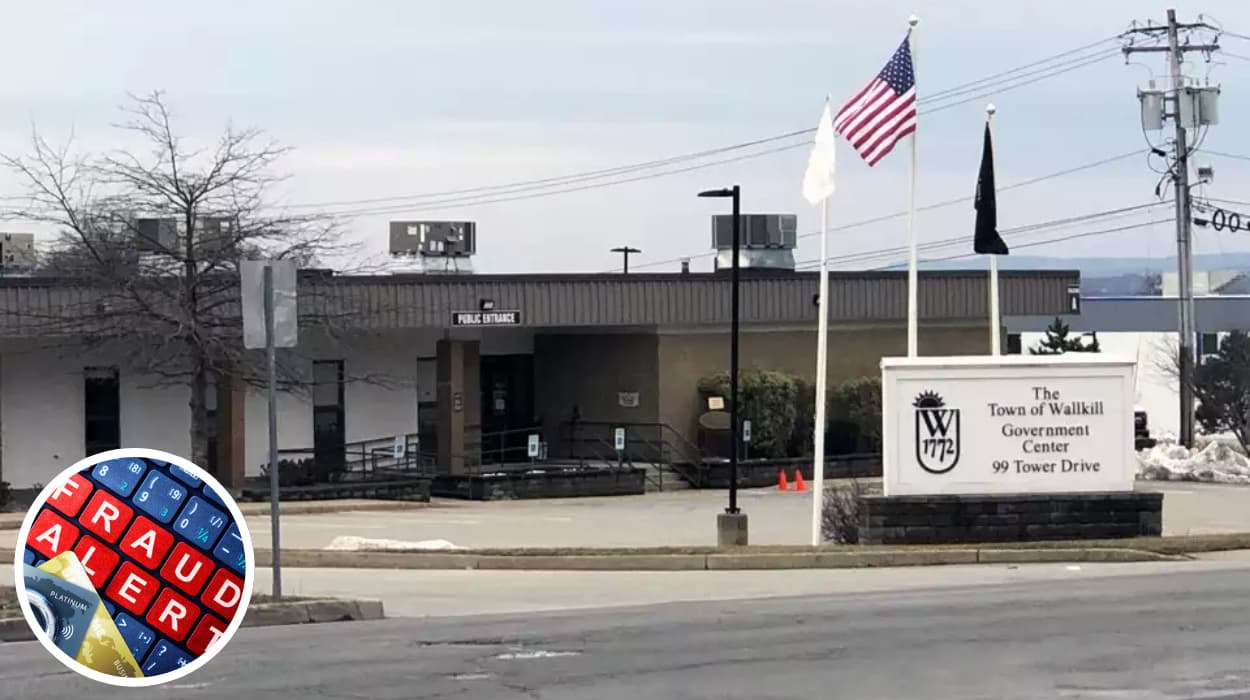Key Points
- A New York state auditor, whose official role is to detect and prevent financial fraud, is now facing accusations of financial fraud himself.
- The allegations have sparked widespread concern about oversight and accountability within the state’s financial regulatory system.
- The case has drawn attention from multiple media outlets, each highlighting different aspects of the unfolding scandal.
- Officials and watchdog groups are calling for a thorough investigation and increased transparency.
- The accused auditor’s identity and the specific nature of the alleged fraud have not been disclosed in the available reports.
- The incident raises questions about the effectiveness of internal controls and the potential for conflicts of interest in oversight roles.
- No formal charges or legal proceedings have been reported as of the current date.
- State authorities have yet to issue a comprehensive public statement addressing the situation.
A New York state auditor, whose primary responsibility is to uncover and prevent financial fraud, is now under scrutiny after being accused of financial fraud himself—a development that has sent shockwaves through the state’s regulatory and political circles. The case, which emerged in early July 2025, has been covered by several news outlets, each emphasizing the irony and gravity of the situation.
What Are the Details of the Allegations Against the N.Y. State Auditor?
As reported by multiple sources, the New York state auditor—whose official mandate is to investigate and expose financial misconduct within government operations—is now facing accusations of engaging in the very fraud he was tasked to prevent. While the identity of the auditor and the specific allegations remain undisclosed in the initial reports, the news has prompted immediate concern among state officials and the public. The case underscores the critical importance of integrity and oversight within agencies responsible for financial accountability.
How Have Media Outlets Reported the Scandal?
According to guidance from Bill Parks of Ohlone College on basic news writing, journalists play a crucial role as gatekeepers, determining which stories are significant and how they are presented to the public. In this instance, the story’s prominence stems from the inherent contradiction of a fraud investigator allegedly committing fraud—a fact that has been highlighted in all coverage. As Parks notes,
“The reader looks to the journalist to make sense out of a confusing world. It is the journalist's job to find out what's going on, then choose from a notebook full of scribbles only those facts necessary to give the reader a clear, concise picture of the most important events”.
Young Post’s journalism resources emphasize the need for accuracy, brevity, and clarity, reminding reporters to attribute all statements and avoid speculation. The coverage of this case has followed those principles, focusing on the facts as they are known and attributing statements to official sources or watchdog groups.
What Has Been the Official Response to the Allegations?
As of the current date, state authorities have not issued a comprehensive public statement regarding the allegations against the auditor. Watchdog organizations and some public officials have called for a thorough and independent investigation to determine the extent of any wrongdoing and to restore public trust in the state’s financial oversight mechanisms. The lack of immediate transparency has fueled demands for greater accountability and more robust internal controls.
What Are the Broader Implications for Oversight and Accountability?
The incident has reignited debates about the effectiveness of internal controls and the potential for conflicts of interest when those in oversight roles are themselves accused of misconduct. As noted in Democracy Now! coverage, scandals involving public officials often lead to calls for systemic reform and increased transparency. The case of the New York state auditor is no exception, with commentators and experts warning that such incidents can erode public confidence in government institutions.
How Does This Case Compare to Other Recent Scandals?
While the specific details of the alleged fraud remain unclear, the case draws parallels to other high-profile incidents where individuals responsible for enforcing rules or upholding standards have been accused of violating them. These cases often prompt broader discussions about the need for independent oversight and the risks of concentrating too much power or discretion in a single office.
What Steps Are Being Taken to Address the Situation?
According to best practices in news reporting, as outlined by Agnes Scott College’s Center for Writing and Speaking, journalists are advised to seek credible sources and avoid speculation. In this case, media outlets are closely monitoring the situation for updates on any formal investigation, possible charges, or administrative actions against the auditor. Advocacy groups are urging the state to implement stronger checks and balances to prevent similar incidents in the future.
What Is the Public Reaction to the Allegations?
Public reaction has been one of shock and disappointment, given the auditor’s role in maintaining financial integrity within state government. The case has sparked conversations on social media and in public forums about the need for greater transparency and accountability in all levels of government. Many citizens are calling for swift action to ensure that those entrusted with oversight responsibilities are held to the highest ethical standards.
What Happens Next in the Investigation?
At this stage, the investigation appears to be in its early phases, with more information expected to emerge as authorities review the case. Journalists and watchdog organizations are continuing to press for details and updates, emphasizing the importance of public scrutiny in cases involving alleged misconduct by government officials.

